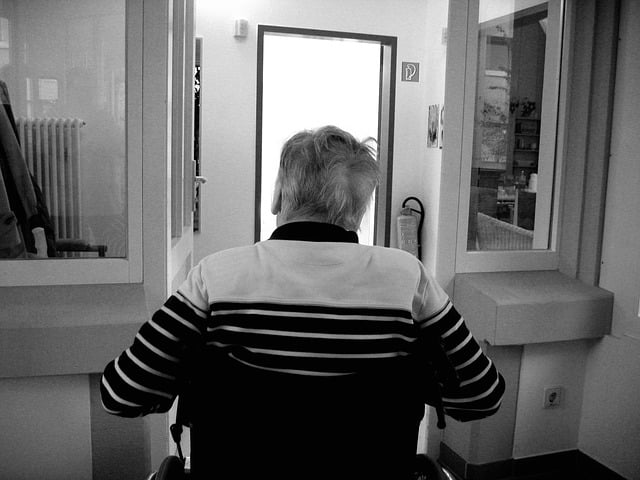
When an aging parent or loved begins to show signs of memory loss it is natural be concerned. Cognitive health ranks as a top priority for older Americans, second only to physical independence, and any changes should be noted.
But ‘senior moments’ happen to everyone, and according to Dr. Heidi White, a geriatrician at Duke University Medical Center, most often the only prescription necessary is patience. “The speed at which we process information is one aspect of brain function that normally slows with age. With a little time, the (forgotten) word or name can be retrieved.”
Alzheimer’s is rare, but there are warning signs that can help you distinguish between true symptoms of dementia and non-serious senior moments. The Alzheimer’s Association publishes a widely accepted list of ten:
Warning Sign #1 – Memory loss that disrupts from daily life
Forgetting recently learned information or asking for the same information multiple times can be a sign of true Alzheimer’s.
Senior Moment: Occasionally forgetting names or appointments.
Warning Sign #2 – Challenges in planning or solving problems
Trouble following familiar recipes, or difficulties staying on top of bills can be symptoms of a real problem.
Senior Moment: Making a couple errors while balancing a checkbook.
Warning Sign #3 – Difficulty completing familiar tasks
Getting lost driving to the grocery store or forgetting the rules of a favorite game can be warning signs.
Senior Moment: Problems programming the TiVo or VCR.
Warning Sign #4 – Confusion with time or place
Losing track of the seasons or the passage of time is an indication of a real problem.
Senior Moment: Forgetting what day of the week it is, but figuring it out.
Warning Sign #5 – Trouble understanding visual images and spatial relationships
Difficulty reading and judging distances can sometimes be signs of Alzheimer’s. Passing by a mirror and thinking someone else is in the room, or looking in a mirror and not recognizing the person staring back are also indications of a real problem.
Senior Moment: Occasional vision difficulties that resolve themselves.
Warning Sign #6 – New problems with words in speaking or writing
Persons with dementia may stop mid-conversation and not know how to continue, or begin to repeat themselves in the same conversation.
Senior Moment: Struggling to find a word that’s on the tip of your tongue.
Warning Sign #7 – Misplacing things and losing the ability to retrace steps
Alzheimer’s sufferers sometimes put things in unusual places or accuse people of stealing items that they can’t locate.
Senior Moment: Misplacing a pair of reading glasses.
Warning Sign #8 – Decreased or poor judgment
Pledging significant sums to telemarketers, and paying no attention to personal grooming are both examples of poor judgment associated with dementia.
Senior Moment: Making an occasional rash decision with disposable income.
Warning Sign #9 – Withdrawal from work or social activities
People with Alzheimer’s sometimes give up their hobbies or friends. Losing interest in favorite sports teams or television shows can also be a sign.
Senior Moment: Feeling weary of work or family obligations.
Warning Sign #10 – Changes in mood or personality
Someone suffering from dementia might exhibit confusion, suspicion, fear or depression; especially when taken out of their comfort zones.
Senior Moment: Wanting to adhere to a time-tested way of doing something or being irritated by a disruption to that routine.
What to do if the warning signs are there
The first person to contact is the person’s primary care physician. He or she will rule out other potential causes. Physical illness, chronic pain, prescription medicines and clinical depression can all cause symptoms similar to the warning signs above. The doctor may be able to diagnose the problem, and if not, will be able to make a referral to a neurologist, psychiatrist or geriatric specialist for further evaluation.
 Home Adaptations for Your Needs
Home Adaptations for Your Needs  Modern Design Trends & Advice for Aging in Place
Modern Design Trends & Advice for Aging in Place  Preparing Your Business for the Aging-in-Place Boom
Preparing Your Business for the Aging-in-Place Boom  Empty-Nesters, Smart-Home Tech & Their Impact on Home Improvement Trends
Empty-Nesters, Smart-Home Tech & Their Impact on Home Improvement Trends  How to Coordinate Your Assisted Living Home Care
How to Coordinate Your Assisted Living Home Care 

Are You Familiar With This Topic? Share Your Experience.